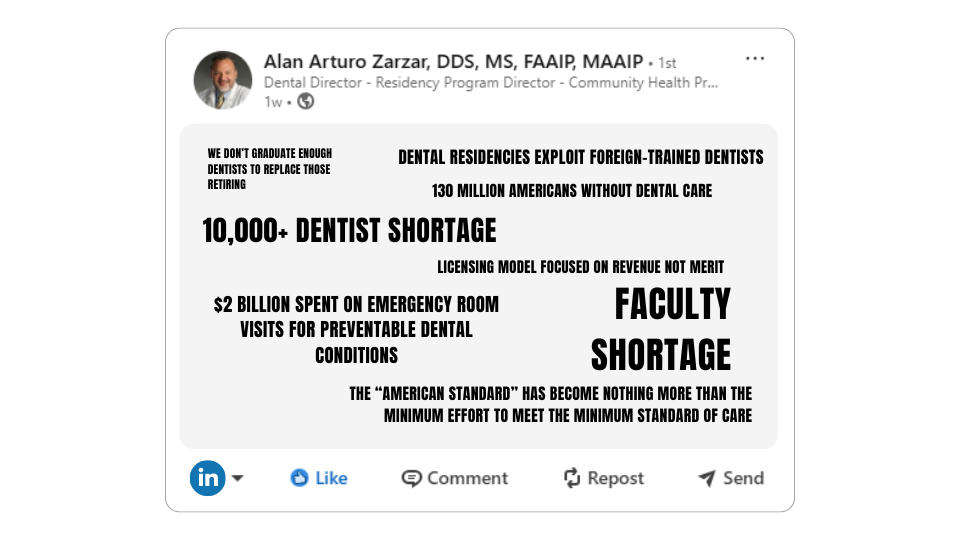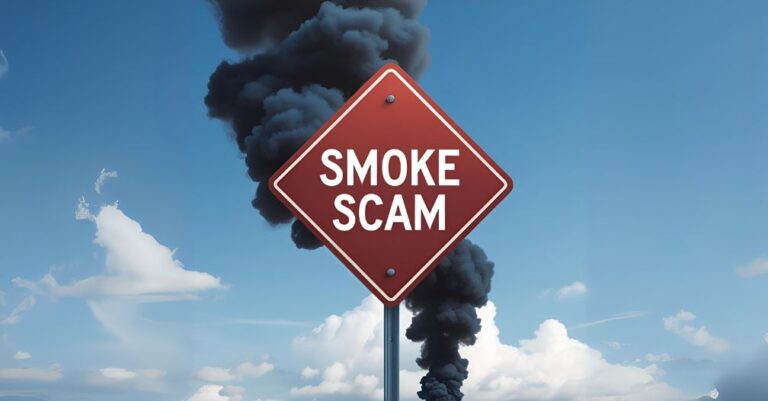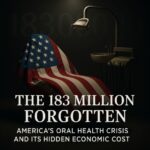I have much to be grateful for — but the U.S. dental system is not one of them
Dr. Sompop Bencharit, your observations on the growing faculty shortage in dental education are sharp—and, unfortunately, just the tip of the iceberg.
What we’re dealing with is a multi-layered systemic failure, and unless we unpack it fully, we’ll never fix it.
Let’s look at the broader picture:
⚠️ The Layers of the U.S. Dental Crisis in 2025:
- 10,000+ dentist shortage—and growing.
- 50,000+ shortage of assistants, hygienists, office managers, and dental staff.
- Fewer candidates enrolling in dental and hygiene schools than 15 years ago.
- Today, we don’t even graduate enough dentists to replace those retiring.
- 100,000+ foreign-trained dentists already in the U.S.—yet less than 5% are licensed to practice.
- The American Dental Association (ADA) reports that to meet current needs in Health Professional Shortage Areas (HPSAs), the U.S. would require 26,000 additional dentists, particularly in underserved communities.
- 130 million Americans went without dental care last year.
- Dental residencies that exploit foreign-trained dentists—demanding they work for free, under the guise of needing “better or additional training,” while offering stipends lower than what Amazon drivers earn.
- A system that forces qualified foreign-trained specialists to repeat school and pay hundreds of thousands of dollars—just to finally be told they’re “good enough.” According to whom?
- One-Man-Do-It-All faculty roles overloaded with clinical, teaching, administrative, mentoring, inventory, fundraising, and grant-writing responsibilities—No wonder No one wants the job!
- A licensing model focused more on revenue than academic merit, clinical skill, or public health.
⚠️ Let’s be clear: What’s allowed isn’t always what’s right. When regulations fall behind modern science, patients and our communities pay the price.
- Sedation allowed in dental offices without anesthesiologists—because regulations permit it. But just because it’s legal doesn’t mean it’s safe. We’ve seen the tragic outcomes. Other countries demand more oversight. Why don’t we?
- Sterile instruments laid on non-sterile paper, handled with non-sterile gloves—during oral surgery. Not because it’s best practice—but because the ADA won’t require more. The real scandal? Dentists are told this is “standard-of-care,” so they believe it’s excellent care. But around the world, sterile gloves for oral surgery are a given. Here, they’re optional at best.
- Each year, $2 billion is spent on emergency room visits for preventable dental conditions—visits that often offer only antibiotics or painkillers without addressing root causes.
- The economic cost of untreated oral disease is staggering: $45 billion in productivity is lost annually due to missed work and reduced efficiency.
- Today’s so-called “American Standard” has become nothing more than the minimum effort to meet the minimum standard of care.
- Somewhere along the way, we stopped prioritizing prevention and minimizing risk. The American mindset shifted—from “Safety First” to “Unless enough people die, why bother?”
- A small study of 50 patients or fewer claiming No ‘significant’ contamination risk doesn’t justify skipping sterile gloves during oral surgery. That’s not evidence-based care—that’s negligence wearing a lab coat.
- When did the Gold Standard become “Prove it’s deadly enough before we fix it”?
- Real leadership doesn’t wait for body counts—it prevents them
🏛️ To policymakers, deans, and board members reading this: It’s time to listen to those of us living through the consequences of your decisions. We are ready to collaborate—but not to remain silent.
💭 Now ask yourself:
Who decided that being foreign-trained means being less qualified or less competent?
If that were true, why do so many U.S. and European patients fly thousands of miles for medical and dental tourism to Latin America, Asia, and beyond?
Is it just about saving money? Or is it because the care is exceptional, the training rigorous, the professionals more than capable—and, most importantly, because prime dental care is actually accessible?
Let’s stop pretending geography determines competence.
It’s not about where you trained—it’s about how clinically skilled you are to treat your patients.
Why is it that the top five private dental continuing education institutes in the U.S. were founded and are led by individuals with foreign last names? None are original Americans. These pioneers came here, endured the burdens of licensing, and went on to build some of the most reputable education platforms in our profession.
Why is it that at the most prestigious U.S. dental schools, foreign-trained faculty consistently lead, direct, and excel?
Why is it that fewer U.S.-born professionals pursue academic careers—while foreign-trained or foreign-minded professionals with global perspectives continue to rise, lead, and innovate?
Let’s be clear:
You may be trained or born in the U.S., but if your mindset is inclusive, globally aware, and equity-driven, you threaten a system built on exclusion, protectionism, and fear of change.
Maybe, just maybe…
🧠 The American Standard is No longer a Gold Standard—it’s a gold-plated illusion.
📉 Our system isn’t leading the world—it’s falling behind.
🚫 Other U.S. industries have evolved, adapted, and innovated. Dentistry? Still stuck defending outdated gatekeeping practices rooted in myth, not merit.
And if we’re being candid:
📣 The way we treat foreign-trained professionals in the U.S. isn’t just broken—it’s bullying, discriminatory, and fundamentally unjust.
Work for free. Prove your worth again. Repeat school. Take on massive debt. Be grateful we “let you in.”
Really?
Why doesn’t this injustice happen in other U.S. industries?
“The most profound form of discrimination is the unequal access to healthcare.”
🎓 And to the dental students and new grads witnessing all this—you’re not imagining things. The system is broken. But you are not alone. Let’s fix it together!
Dr. Sompop—thank you for not just raising your voice, but for continuing to lead with courage, clarity, truth, and innovation.
Let’s take this further—starting with a podcast or public roundtable. You and me—gloves off against the system.
We’ll bring others in later, but for now, let’s speak plainly, name the real issues, and offer bold, tangible, and actionable solutions.
Because talking about this isn’t enough anymore.
Our profession, our colleagues, and our patients deserve better!
The Gatekeepers misused their chance. Now it’s time for us—the Reformers.
—Dr. Zarzar
🌐 drzarzar.com
🗞️ drzarzar.com/blog
#DentalEducation #WorkforceCrisis #ForeignTrainedDentists #OralHealthCrisis #HealthEquity #GlobalStandards #DentalTourism #AccessToCare #LicensingReform #DentalPolicy #SystemicChange #AskDrZarzar #TheBigProblem #DentalReform #TheReformers #TeamZarzar








